Lesson 3: The farmers' effective assistants
In the journey of implementing the Project (DP) Developing 1 million hectares of high-quality and low-emission rice cultivation associated with green growth in the Mekong Delta by 2030 (abbreviated as theDP), in addition to farmers as the main force, cooperatives and agricultural engineers have been playing the role of effective assistants to farmers. These assistants have brought knowledge and technology to farmers to reorganize production in a modern and sustainable direction.
Field engineer
Deputy Director of the Provincial Agricultural Extension and Agricultural Services Center - Vo Thanh Nghia guides rice cultivation techniques for farmers in Tan Hung district
Every day, Huynh Hoang Dinh, Deputy Director of the Center for Agricultural Extension and Services of Vinh Hung District, is present early in the morning in the fields of Thai Tri Commune, where a pilot model of the DA is being implemented on an area of 10 hectares. His old motorbike and notebook have been with him through dozens of crop seasons.
“Technical work now is not only about giving instructions on fertilizing and pest control, but also inspiring and convincing farmers to change their farming habits. Some households said that our ancestors had been doing it for decades without any problems, but only when we analyzed the costs and effectiveness and cited specific models did they try it,” said Huynh Hoang Dinh.
According to statistics from the provincial Department of Agriculture and Rural Development, the province currently has about 150 district and commune-level agricultural engineers who are in charge of providing technical support to rice fields in the DA. They are responsible for organizing training and guiding cultivation according to new techniques of "3 reductions, 3 increases", "1 must, 5 reductions", alternate wetting and drying (AWD), supporting electronic logging, monitoring pests and diseases, and connecting with consumer businesses.
Along with that, more than 2,700 farming households have been trained at least once on sustainable rice cultivation techniques and nearly 60% of the model area has applied at least 3 out of 5 techniques recommended by the relevant authorities.
According to the Deputy Director of the Provincial Agricultural Extension and Agricultural Services Center - Vo Thanh Nghia, in any modern agricultural production model, agricultural engineers are an indispensable link. They not only transfer technology but also organize production, help farmers change their thinking , access the market and meet the requirements of the chain. However, this force is lacking in quantity and weak in support mechanisms.
In the context of climate change , emission reduction requirements and pressure to integrate into the international market, sustainable rice production is a must. However, for farmers - who are familiar with traditional farming methods - to successfully convert, they need "technical guides". That is why agricultural engineers are considered an important link in the modern agricultural value chain.
Ms. Nguyen Thi Huong (Thanh Phuoc commune, Thanh Hoa district) shared: “Farming today is no longer just a matter for farmers, there must be engineers “side by side” every step. We really hope to have more engineers in communes and hamlets to support farmers with production techniques.”
Cooperatives - the nucleus of modern production organization
Huong Trang Agricultural Service, Production and Trade Cooperative (Binh Hoa Trung commune, Moc Hoa district) regularly visits fields and provides technical advice on farming to members.
If engineers are the “technical guides”, then cooperatives are the organizations that connect and create corridors for real changes to take place on the fields. Previously, many agricultural cooperatives existed mainly to qualify for loans or to buy and sell fertilizers, water pumps, etc. But now, under the pressure of the market and the requirements of the community, cooperatives are transforming themselves into real production organizations.
The Agricultural Production Service Trade Cooperative 4.0 (Thanh Phuoc Commune, Thanh Hoa District) is a pioneer in change. In the 2024-2025 Winter-Spring crop, the Cooperative will produce 120 hectares of high-quality rice with the participation of 102 members. The Cooperative will schedule simultaneous sowing and planting, coordinate with engineers to provide technical training, organize mechanical harvesting and sign contracts for members.
Chairman of the Board of Directors of the Agricultural Production Service Trade Cooperative 4.0 - Nguyen Van Lanh said: "Previously, the Cooperative was only a supplier of materials, but now we do everything from start to finish, from providing seeds, fertilizers, organizing sowing according to schedule, providing technical advice, guiding production diary recording to harvesting and guaranteeing output of agricultural products".
According to the Department of Agriculture and Environment, by April 2025, 28 cooperatives had signed contracts to link consumption with enterprises, with a total area of nearly 1,900 hectares. Some typical cooperatives such as Hung Tan Agricultural Cooperative, Go Gon Agricultural Cooperative (Tan Hung district); Cay Trom Agricultural Trade Service Cooperative (Vinh Hung district); Tan Binh Agricultural Service Cooperative (Tan Thanh district); 4.0 Agricultural Trade Service Production Cooperative, Tan Tay Hamlet 1 Agricultural Cooperative (Thanh Hoa district); Dong Dung Cooperative (Kien Tuong town);... are implementing a closed chain from production to consumption, even preparing documents to build a rice brand.
Director of Dong Dung Cooperative (Tuyen Thanh Commune, Kien Tuong Town) - Nguyen Minh Tam commented: "Without a cooperative as a focal point, it is very difficult to deploy techniques simultaneously or negotiate with businesses. Besides, when participating in a cooperative, farmers can be assured of agricultural product output, and will not be forced to lower prices by traders during harvest season."
Despite their pivotal roles, both agricultural engineers and cooperatives face challenges in terms of resources and support mechanisms. Currently, district-level agricultural engineers work on short-term contracts with average salaries and no field allowances.
Many cooperatives have difficulty accessing loans to invest in machinery, warehouses, digital recording systems and traceability. According to statistics, very few cooperatives have access to preferential loans to serve the MARD. The majority of the rest still have to manage their own finances or depend on small, scattered support from the locality.
The MARD is not just an administrative plan but a new model of sustainable agricultural development. In which, organizing large-scale production, applying modern techniques, reducing emissions and linking consumption are mandatory requirements.
In this model, cooperatives and agricultural engineers act as “moving gears” between the parties, connecting farmers with policies, transferring science to the fields, creating a “bridge” between the market and raw material areas. When the State requires the establishment of a growing area code, they are the ones who prepare the records. When businesses need quality control, they are the ones who monitor and report. When techniques change, they are the ones who communicate and guide.
The policy is correct but there needs to be people to implement it and always be close to the farmers, closely following the fields to achieve good results. The cooperative and engineers are the ones who concretize the big policies into small daily actions and that is what determines the success or failure of DA.
Therefore, cooperatives need to be supported like small businesses in agriculture: having a loan mechanism, having specialized human resources, being able to apply digitalization, having a position in the value chain. Engineers need to be recognized as the force implementing policies, with allowances and a clear career development roadmap. Because without these effective assistants, any major policy is likely to "fail" in the middle of the field./.
Cooperatives need to be supported like small businesses in agriculture: have a loan mechanism, have specialized human resources, can apply digitalization, have a position in the value chain. Engineers need to be recognized as a force implementing policies, have allowances and a clear career development roadmap. Because without these effective assistants, any major policy is likely to "fail" in the middle of the field. |
(to be continued)
Bui Tung - Le Ngoc
Final article: To make the project sustainable
Source: https://baolongan.vn/de-an-1-trieu-hacta-lua-chat-luong-cao-phat-thai-thap-cuoc-cach-mang-tren-dong-ruong-nhung-tro-thu-dac-luc-cua-nha-nong-bai-3--a196117.html


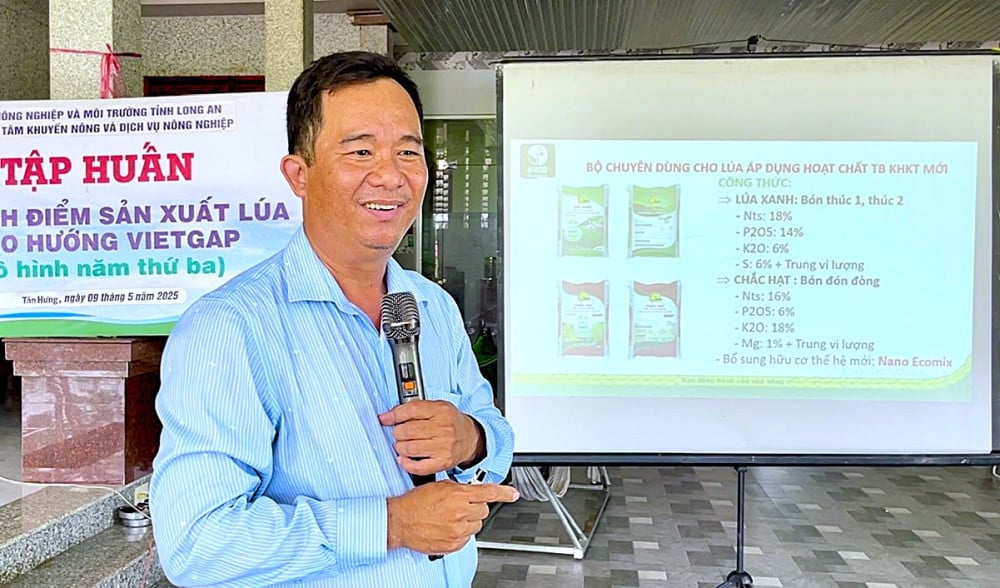
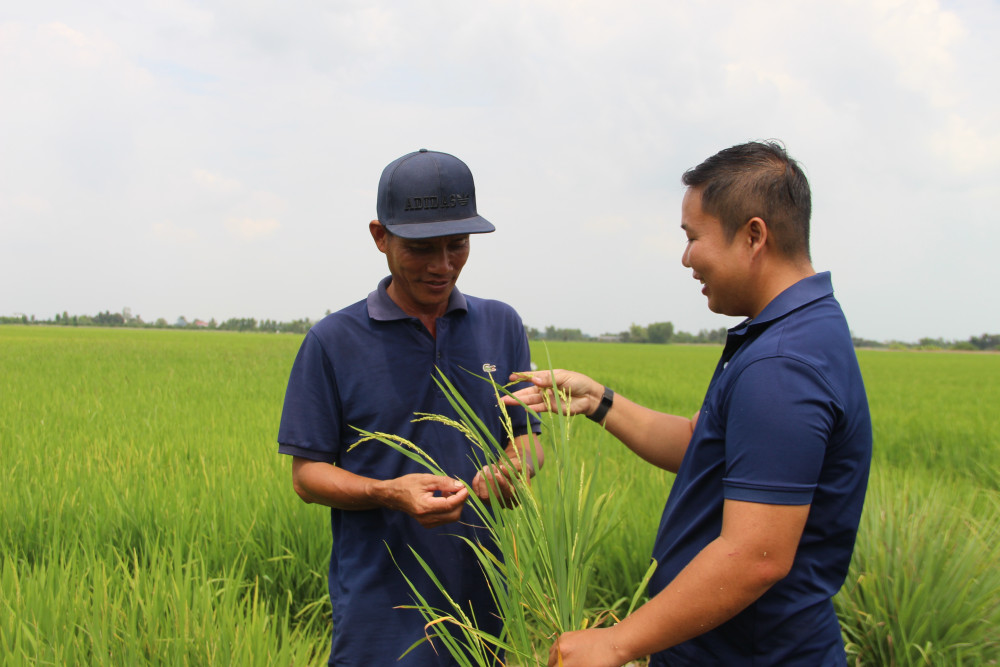
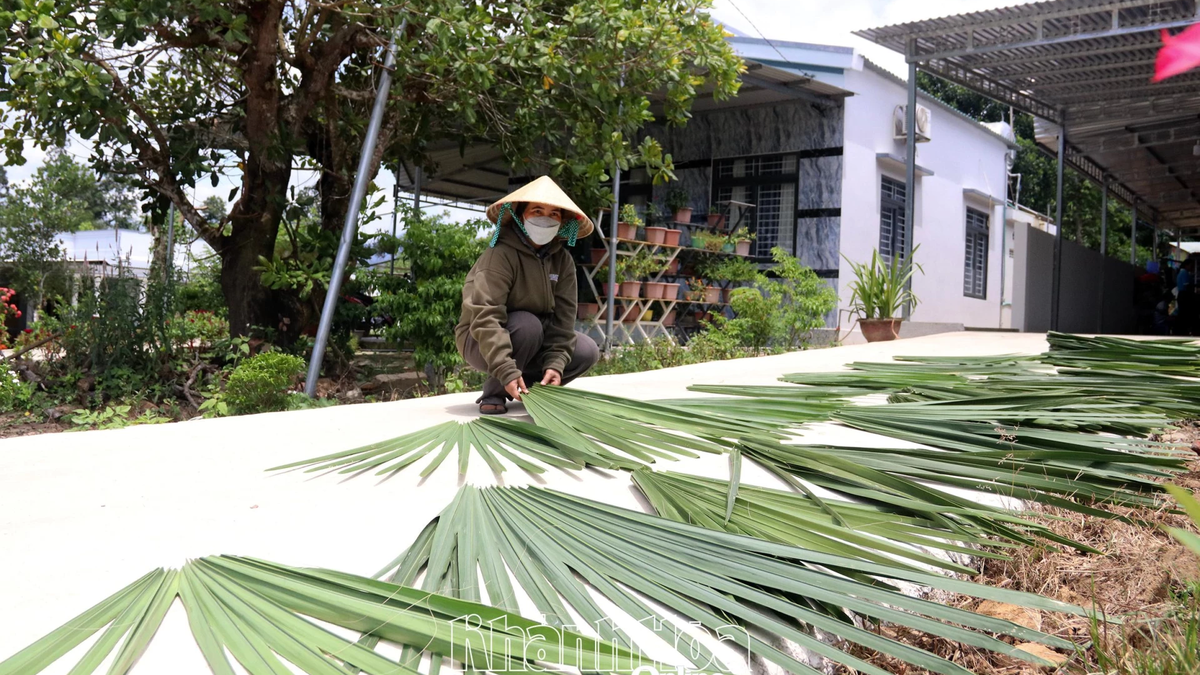
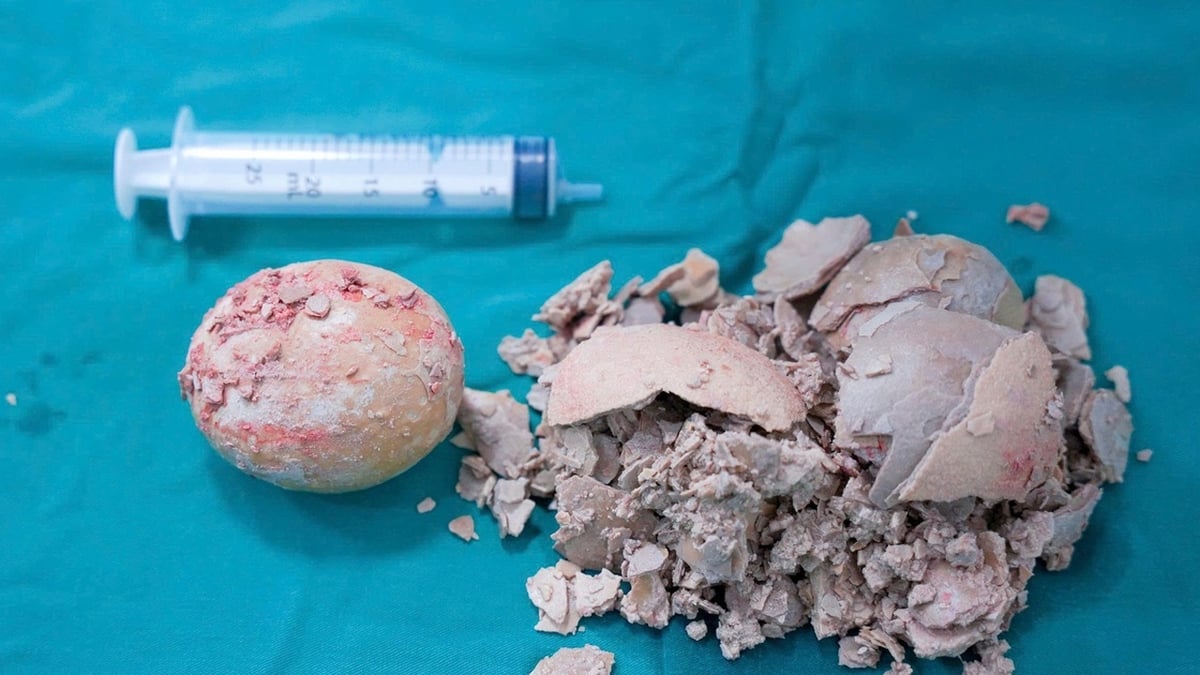
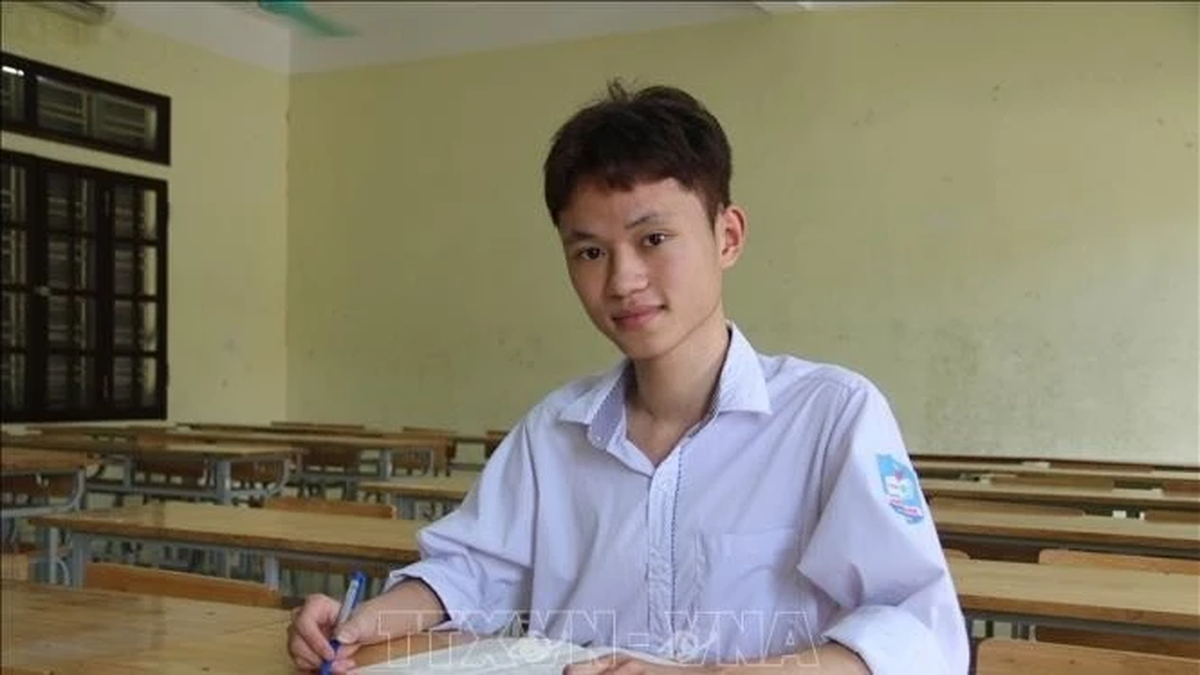
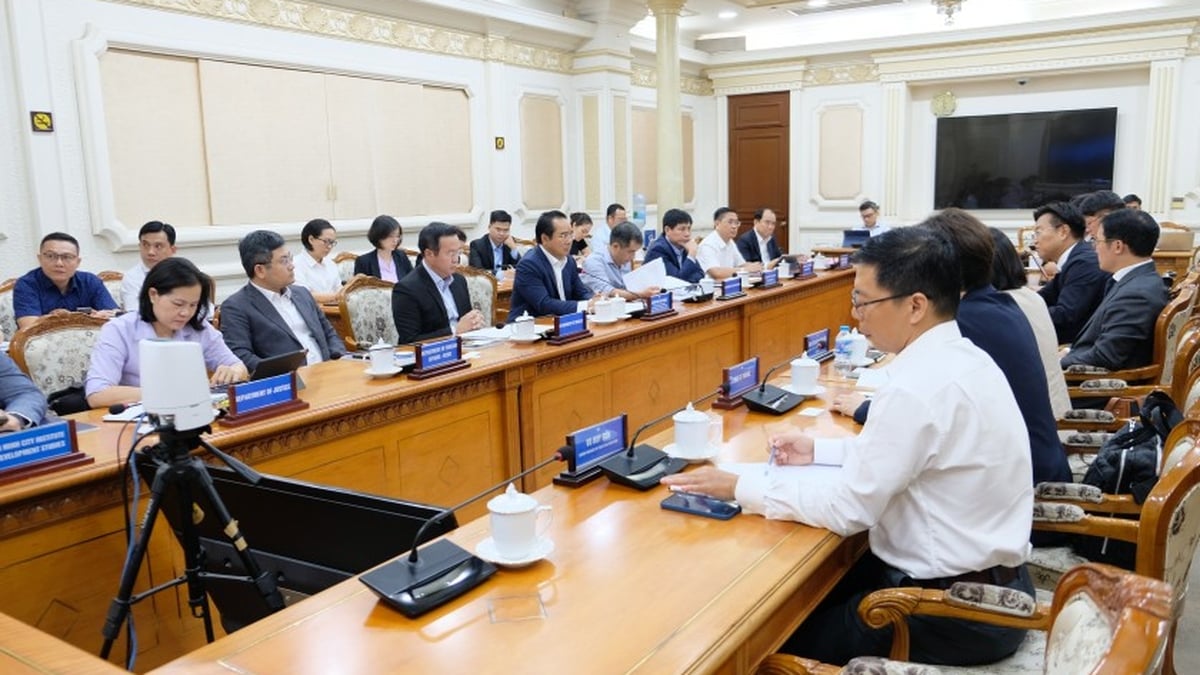
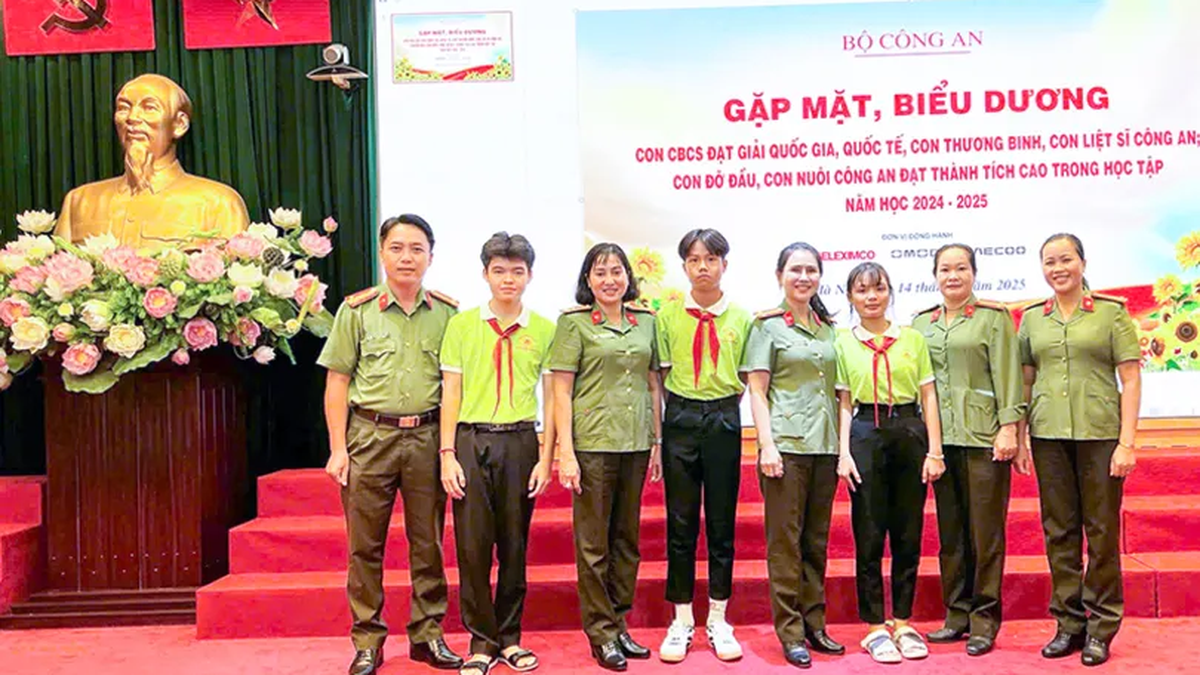
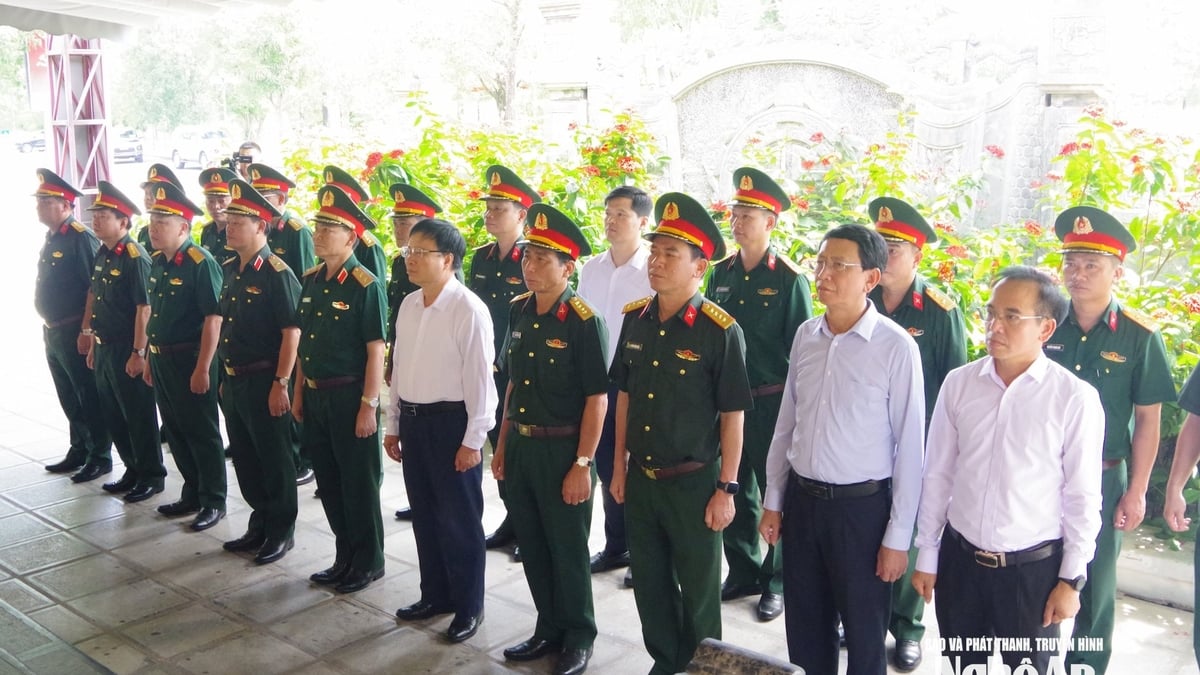
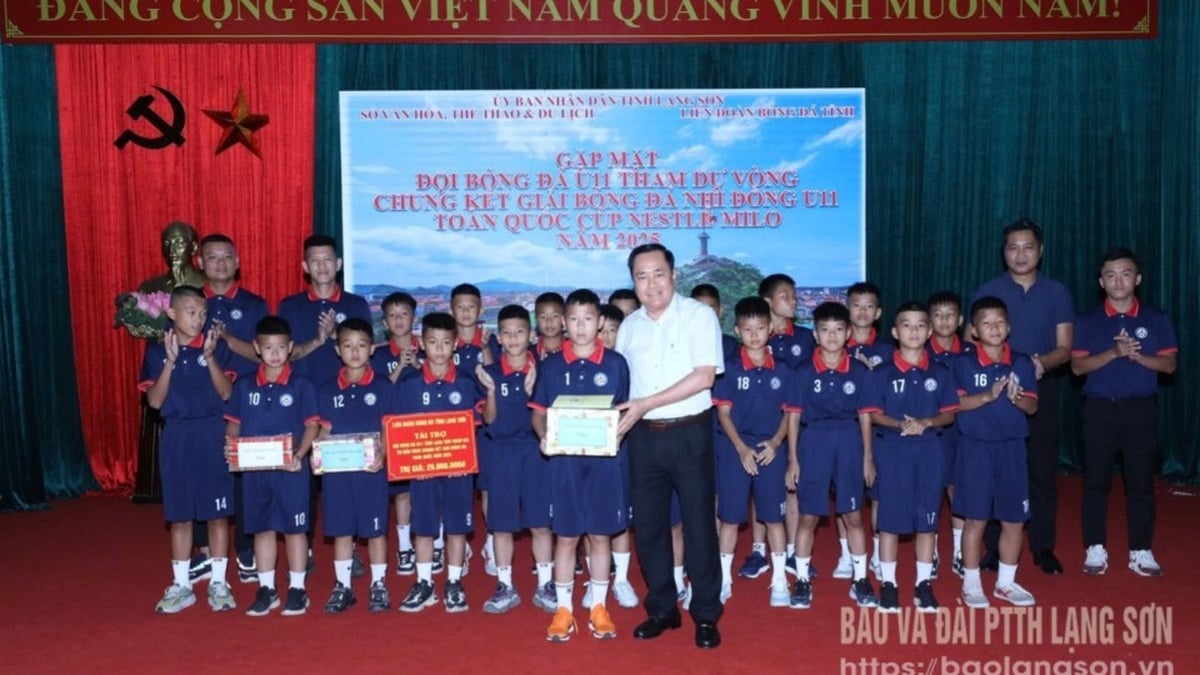
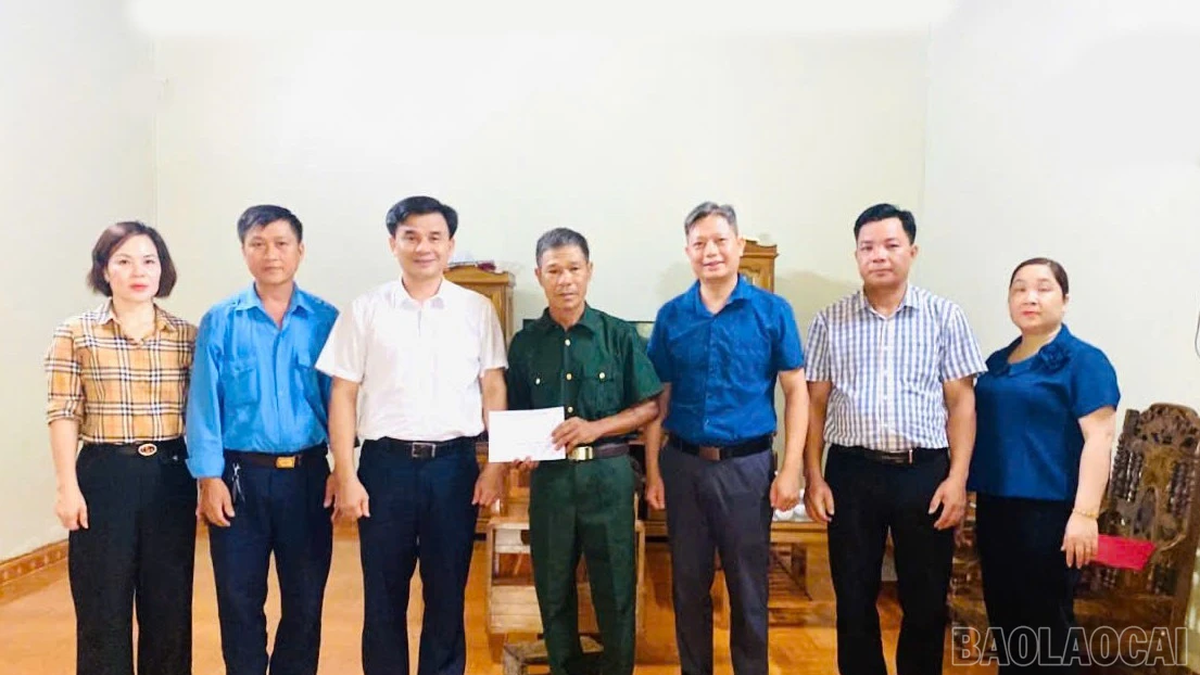
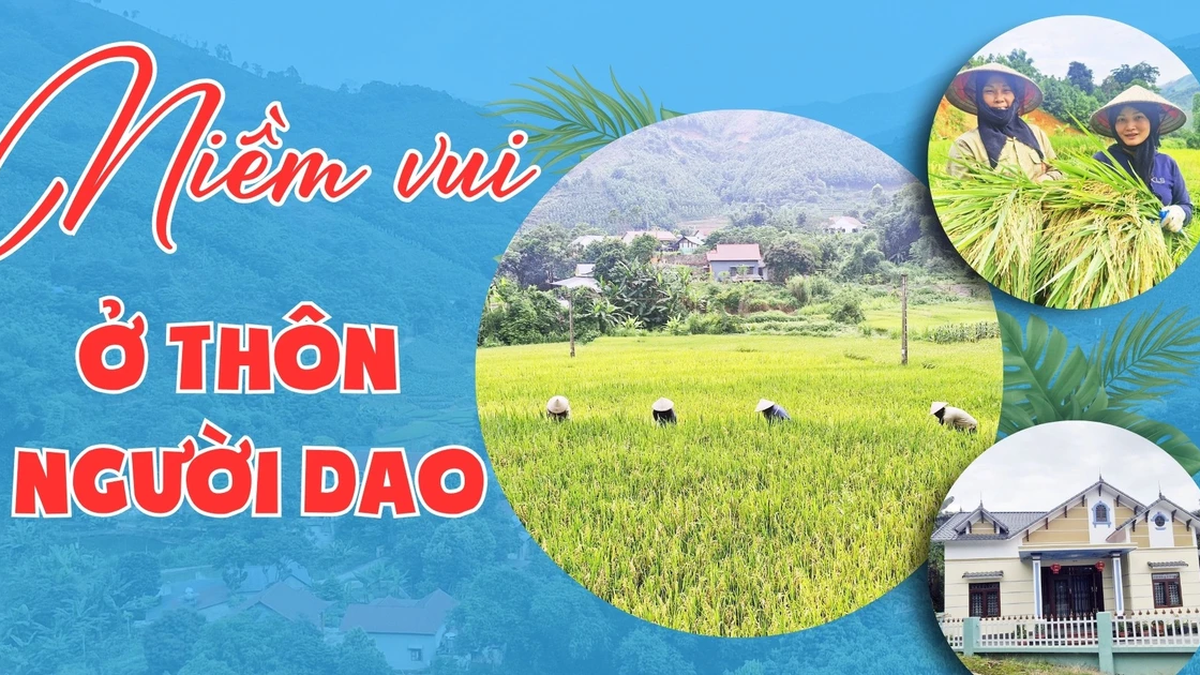
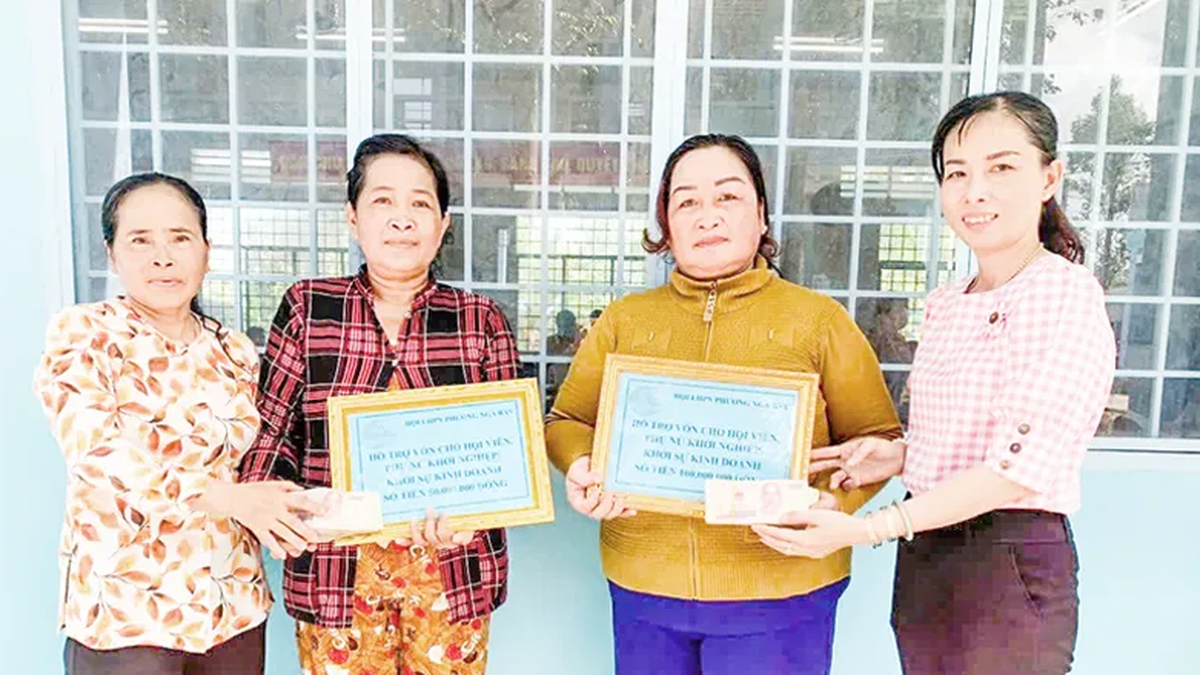








































![[Maritime News] More than 80% of global container shipping capacity is in the hands of MSC and major shipping alliances](https://vphoto.vietnam.vn/thumb/402x226/vietnam/resource/IMAGE/2025/7/16/6b4d586c984b4cbf8c5680352b9eaeb0)













































Comment (0)